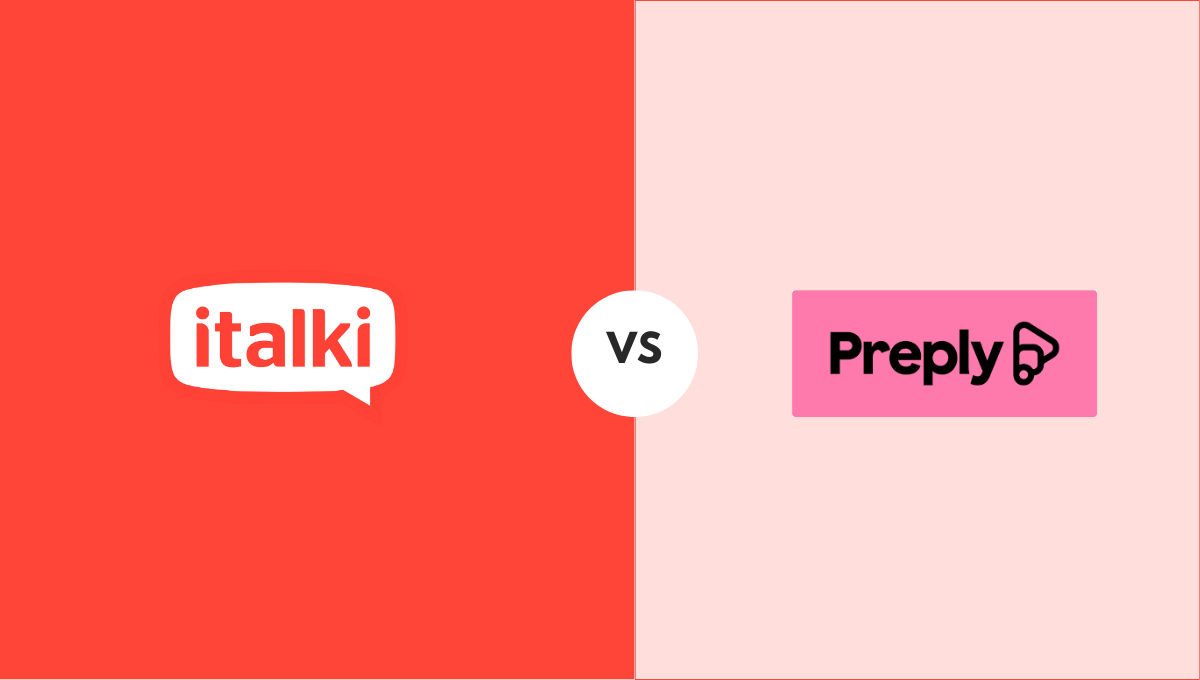Social etiquettes are what make us human in a true sense. The words politeness also hold great importance in German. There cannot be any other word as versatile as the German bitte. You can get a command over such words by learning their meanings and the right context. To do so, you can learn German online to get a command over bitte German and other important vocabularies of the language.
Basically, bitte in German is something we can call a ‘polite word’. It is a significant word in German social etiquette. If you are seeking to learn German on your own, building knowledge of such words and their usage with help you hold conversations effectively in German.

Now let’s move back to bitte in German. With so many meanings, sometimes The German word “bitte” becomes quite confusing for a large number of people. To avoid this confusion, we will explore bitte German meaning along with its right contextual use with the help of real-life examples.
The word bitte in German means much more than just ‘please’ or ‘you are welcome’. Mostly, people use this word to convey the two above-mentioned meanings. But, there are several other contexts where you can incorporate the word bitte in your daily German conversations. Keep reading this guide and you will end up with a clear mindset regarding the word bitte in German.
The importance of bitte in German
There are two words that you will hear quite often in German. These two words are Danke and Bitte. Bitte is one of the most frequent words used in German. In fact, it is used in both formal and informal settings. In most ways, it is used to show your polite attitude toward the other person.
One of the biggest benefits of learning the contextual use of bitte in German is that it will help you place your order for food or drink effortlessly. For instance, you can use bitte to order beer in German, and in case of any mistake, this word will save you from any kind of awkward situation or embarrassment.
Some major contexts to use the word ‘bitte’
As we shared earlier, this word can be used while making an order at a restaurant. This will make your order effortless in a local German restaurant and will definitely give you an opportunity to impress your family and friends.

This word and its contextual use are a great resource to build your German vocabulary. It will make you more fluent and sound like native speakers.
Now let’s move toward some of the major meanings of the word bitte in German and how to use it in daily conversations like a pro.
Different meanings of the word bitte
As highlighted earlier, there are several meanings of bitte in German. Some of the major ones are:
- Please
- You are welcome
- Pardon
- Go ahead
- Yes, please
- Here you go
- May I help you?
Please
This is one of the clearest and most frequent uses of the word “bitter”. When you use bitte to mean please, you can use it in a polite tone to ask for a favor or to make a request. This word can be placed after the subject, in between, or can be used at the end of the sentence.
For instance,
| German | English |
| Ich möchte einen Kaffee bitte. | I would like a coffee, please. |
| Kannst du bitte kommen? | Could you please come? |
The above-mentioned sentences will still be correct grammatically if you remove the word bitte bit adding it is making a huge difference as it is making it sound polite and respectful.
You are welcome
This meaning is used quite often by beginners. Even in English, we exchange ‘thank you’ and ‘you are welcome’ countless times. Let us see an example of this word in German:
| German | English |
| Stefan, danke für die Bücher. | Stefan, thanks for the books. |
| Ja, bitte! | Yes, you’re welcome! |
Pardon
You can also use bitte to question ‘pardon’ or ‘excuse me’ in a situation where a person said something and you did not get or failed to understand the meaning. It is something you can use as a request to ask them to repeat themselves.
You can also use ‘pardon’ to mean ‘did you really just say/do what I perceived’. “Wie bitte?” is a famous phrase that is used quite often by native German speakers. For instance:
“How please?” as in “How do you say that, please?” (“Wie sagt man das, bitte?”).
Go Ahead
The German word bitte when used as ‘go ahead’ describes an action. It is used when you are asking for or approving an action. It is the same as we say ‘May I’ and responding to it with ‘please do’ in English.
For instance,
| German | English |
| Kann ich ein Stück Kuchen haben? | Can I have a piece of cake? |
| Bitte, es gibt mehr im Kuhlschrank. | Go ahead, there’s more in the fridge. |
You can also use the word bitte in this context when you visit a store to buy something and you and the other person walk out to the reception at the same time. If you want to be polite, you can use this word to ask the other person to proceed.
Yes, Please
This particular meaning for bitte is mostly used while placing orders for food. For example, if a waiter asks you: Möchten Sie mehr Kaffee? (Would you like more coffee?). You can simply answer Bitte! (Yes, please!) – If you want more coffee, obviously!
This single word is powerful enough to convey your intention. But if the waiter asks you “Are you ready to order?” You will not say ‘bitte’ necessarily. You can use the response as yes or no based on your priority.
But if the waiter asks “would you like to try something special”? In this case, using the word bitte is more appropriate to use.
Here You Go
This meaning of bitte requires the addition of sehr (very). The phrase “bitte sehr” literally means “here you go”. For instance:
| German | English |
| Bitte sehr. Vorsicht, der Teller ist heiß. | Here you go. Be careful, the plate is hot. |
| Bitte, es gibt mehr im Kuhlschrank. | Go ahead, there’s more in the fridge. |
You can also use “bitte sehr” at a local coffee shop. Once you are handed over your coffee you can say Bitte sehr. You can respond to this by saying ‘danke’.
May I Help You?
It works quite similarly to bitte sehr. While using this meaning, you can add schön (well) in the end. For example:
| German | English |
| Bitte schön? | May I help you? |
| Ja, ich suche Maria. Arbeitet sie heute? | Yes, I’m looking for Maria. Is she working today? |
What if you visit any German-speaking country without building your base on the culture and etiquette that the natives follow? Doing so will make you miss the opportunity to get immersed in the culture and the people residing there.
So, in order to become fluent in German, you can book your lessons with italki. italki provides comprehensive language learning experiences with some of the most experienced and professional online German tutors who will guide you with the most authentic yet simple way to get your command of the language. You can book your lessons with italki to start your learning process today.

Find Your Perfect Teacher
At italki, you can find your German tutor from all qualified and experienced teachers. Now experience the excellent language learning journey!
Book a trial lesson
Why learn German on italki?
Learning a new language is a thrilling endeavor, and when it comes to mastering German, selecting the right platform can significantly impact your success. Among the plethora of options available, italki stands out as a dynamic and compelling choice. Here’s why choosing italki can be a game-changer in your German learning journey:
1. Personalized Learning Experience:
italki offers a highly personalized approach to language learning. With a wide selection of experienced German tutors and native speakers, you have the freedom to choose the perfect instructor for your learning style, goals, and preferences. Whether you thrive with structured lessons, casual conversations, or targeted skill improvement, italki’s diverse pool of tutors ensures a tailored experience.
2. Native Speaker Interaction:
One of the most valuable aspects of italki is the opportunity to interact with native German speakers. Conversing with a native speaker not only sharpens your language skills but also exposes you to authentic expressions, cultural nuances, and colloquialisms that textbooks might not cover. Engaging with a native speaker of italki fosters a deeper understanding of the language and its cultural context.

3. Flexibility and Convenience:
italki recognizes that your learning journey should fit into your schedule. With italki, you have the freedom to choose the time and frequency of your lessons, making it an ideal option for busy individuals or those with varying schedules. Whether you’re a morning person or prefer evening sessions, italki’s flexibility ensures that learning German seamlessly integrates into your routine.
4. Instant Feedback and Correction:
Real-time communication is essential for language improvement, and italki’s video sessions provide just that. During your one-on-one lessons, you’ll receive instant feedback and corrections from your tutor. This immediate guidance enhances your pronunciation, grammar accuracy, and overall language proficiency.
5. Goal-Oriented Learning:
Whether you’re a beginner aiming to establish a strong foundation or an advanced learner striving for fluency, italki accommodates your goals. Tutors on the platform are experienced in catering to different proficiency levels and can tailor lessons to address your specific needs. This goal-oriented approach ensures that your German learning is efficient and effective.
6. Cultural Enrichment:
Learning a language goes beyond grammar and vocabulary; it’s about understanding the culture and context behind the words. italki’s native Spanish-speaking tutors provide insights into cultural practices, idiomatic expressions, and everyday life in German-speaking countries. This cultural enrichment adds depth to your language skills and fosters a more holistic learning experience.
7. Community and Support:
italki isn’t just a platform for lessons; it’s a community of language enthusiasts. You can connect with fellow learners, exchange experiences, and share language learning tips. This sense of community provides motivation, encouragement, and a network of like-minded individuals who share your passion for mastering German.
Conclusion
It is important for you to be clear between the phrase bitte schön and the phrase danke schön. Do not confuse the two as danke schön means “thank you very much”.
So, these were the seven different meanings of the bitte German. You will learn to use them by practice. Practice them daily in your conversations so that you may not confuse them.
You can also enroll with italki to learn the contextual use of this word and several other words used quite frequently in German. Book your lessons today and have a personalized learning experience with the best online language learning instructors.
Practice German vocabulary in your daily conversations so that you can use this powerful word effortlessly and gracefully. Remember, our etiquettes define us so let’s be kind and graceful at the same time.
Want to learn a language at italki?
Here are the best resources for you!
















